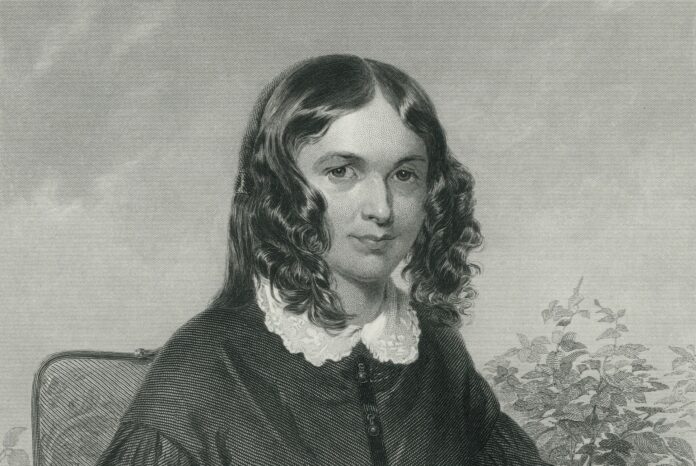One of the most well-known poets of her time, Browning is still eminently readable today. Additionally, as one of the few women to have achieved widespread recognition in nineteenth-century English literature, Browning offers scholars and readers a point of view that is frequently more sober and responsible than that of some among her more cheerfully idealistic contemporaries. In addition, the calibre of Browning’s poems as literary works in and of themselves demonstrate her status as one of the era’s most gifted poets. Browning rose to prominence in the history of Medieval literature after her debut publication and the ensuing instant acclaim, establishing a legacy that endures to this day.
Like to other Victorian poets, Browning typically focused his poems on important political themes. The long poem Aurora Leigh, one of Browning’s best-known works, is now regarded by critics as being among the earliest pieces of English poetry endorsing the ideals of feminism and gender equity. The last decades of her living were devoted to having written on the subject areas of American slavery and the condition of Italian politics.
Biography
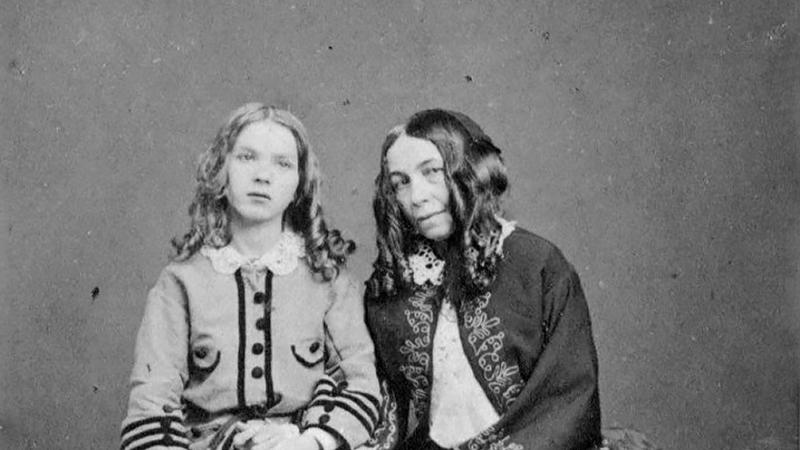
One of the most renowned and well-liked Victorian poets, Elizabeth Barrett Browning lived from March 6, 1806 to June 29, 1861. Browning’s poetry was formally impeccable and intensely romantic, like that that was written by numerous Victorian poets, notably her husband Robert Browning.
She is best known now for the love poetry collection Sonnets from either the Portuguese, in which she expresses her feelings via incredibly evocative and passionate memories. The ethic of passionate love, which embodies the optimal situation of husband-and-wife partnerships, was memorialised by Browning in this as well as her other love poems.
The daughter of Caribbean slaveowner Edward Moulton-Barrett, who adopted the last name “Barrett” after inheriting his grandfather’s estates in Jamaica.
Elizabeth Brett Browning (née Elisabeth Boyd Moulton-Barrett) was born in 1806, at Cohnadatia Hall, close to Durham, England. Her mother being Mary Graham-Clarke, who came from a privileged Newcastle upon Tyne family.
At Great Malvern, in Hope End, Elizabeth spent her formative years. When she was still a little child, her father printed 50 volumes of a young adult epic about the Marathon Campaign when she demonstrated a talent for writing.
She received her education at home, but Hugh Stuart Boyd, a blind scholar who lived next door, was the source of much of her early intellectual stimulation and deep mastery of the Greek language.
Early in her adolescence, Elizabeth developed a lung complaint that her parents acted as an invalid because of, though the precise cause has been extensively debated, it may have been tuberculosis.
She had been permitted to attend studies with her brother’s tutor, so she was well-educated for a girl at that time. When she was fourteen years old, she wrote her first poetry under an alias. An Essay on Thought and Other Poems was published by her in 1826 under an assumed name.
Also read: We Miss Jv On Wild 94.9; Where Has He Gone? Brings You The Whole Shebang Right To Your Door
Hope’s Illumination
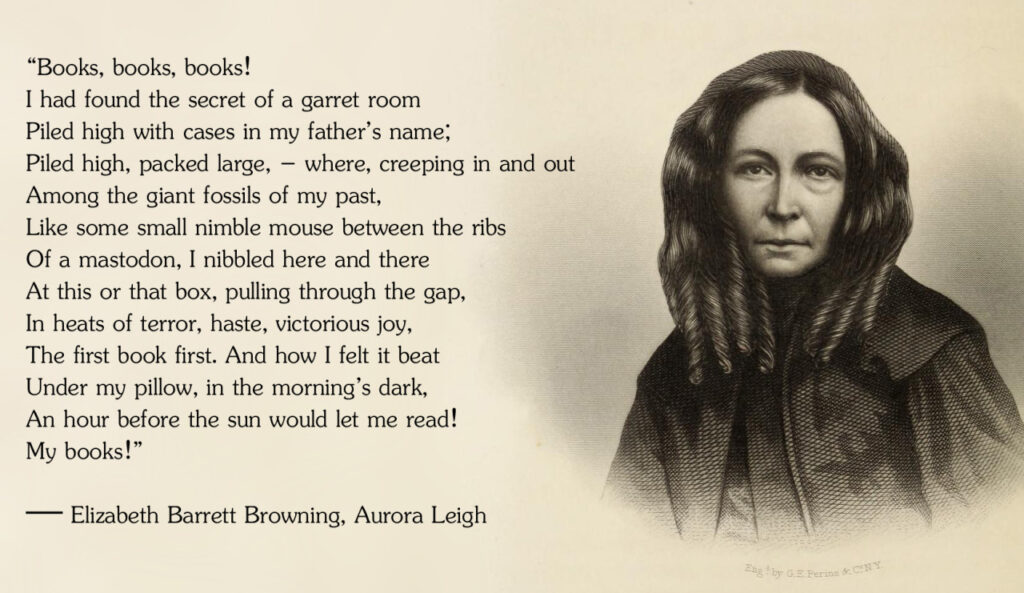
Elizabeth was a strong proponent of the prohibition on slavery, which soon had a significant negative impact on Mr. Barrett’s finances. As a result, he sold his estate and relocated his family, first to Sidmouth and then to London.
She wrote Prometheus Bound at the previous location (1835). She deteriorated quickly after relocating to London, with her lung once again being the cause of her discomfort.
But it didn’t stop her from writing; she wrote to a number of magazines, notably “The Romaunt of Margret,” “A Romaunt of a Page,” and “The Poet’s Promise,” among other publications. 1838 saw the publication of The Seraph and Other Poems.
Shortly later, she experienced a devastating jolt to her already precarious health when her favourite brother passed away. She teetered on the brink of death for a while. Eventually, though, she regained her vigour, and in the meantime, her notoriety was rising.
Her poetry “The Cry of the Child” was published in 1841 to rapturous acclaim. About the same period, she also contributed some critical prose essays to Richard Henry Horne’s New Spirit of the Age.
She released two collections of poetry in 1844, including “The Tragedy of Exile,” “Dream of Poets,” & “Lady Geraldine’s Courtship.”
Also read: Where Did Ja Morant And K.K. Dixon Go? All That You Absolutely Must Be Aware Of!
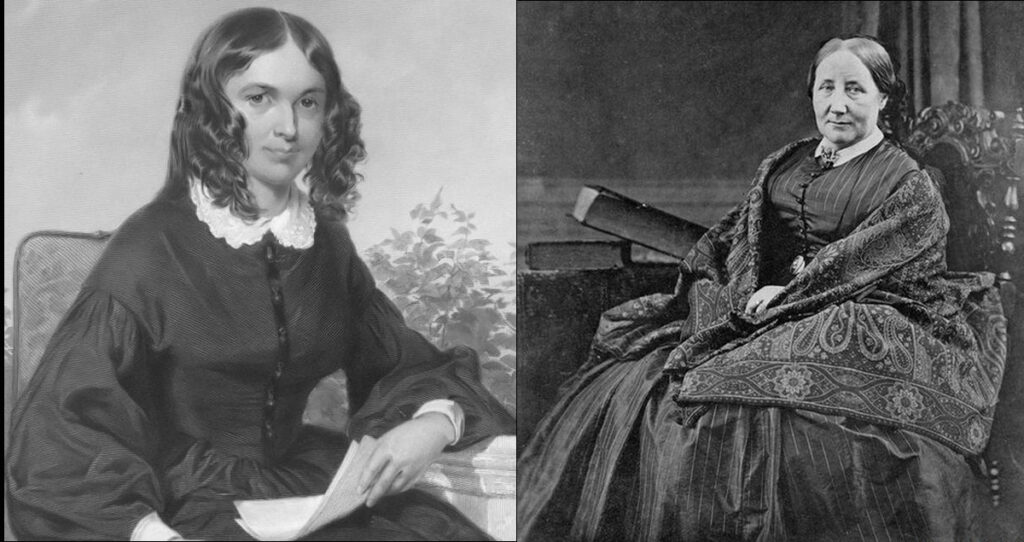
She first met the poet Robert Browning, who would become her husband, in 1845. Due to both Elizabeth’s precarious health and Mr. Barrett’s extraordinary opposition to all of his children getting married, their tryst and marriage took place in somewhat unusual and romance circumstances.
A history of which is fortunately preserved in the daily letters Elizabeth as well as Robert exchanged during their courtship.
Elizabeth travelled towards the Italian Peninsula with her spouse after covertly eloping and fleeing her father’s house. She with her husband adopted this as their new home nearly continually up until her passing, joining the locals in their political goals.
Although Mr. Barrett never forgave them, the marriage brought both parties unbridled bliss. Her strength significantly enhanced under her new conditions.
The Brownings made their home in Florence, and it was there that she penned Villa Guidi Windows (1851), drawing inspiration from the liberation movement in Tuscany. The poets Isabella Blagden & Theodosia Trollope Garrow, both of British descent, became close friends of hers in Florence.
Also read: Taylor Hall…What Happened To Him? New Information About Taylor Hall’s Injury
A Literary Significance
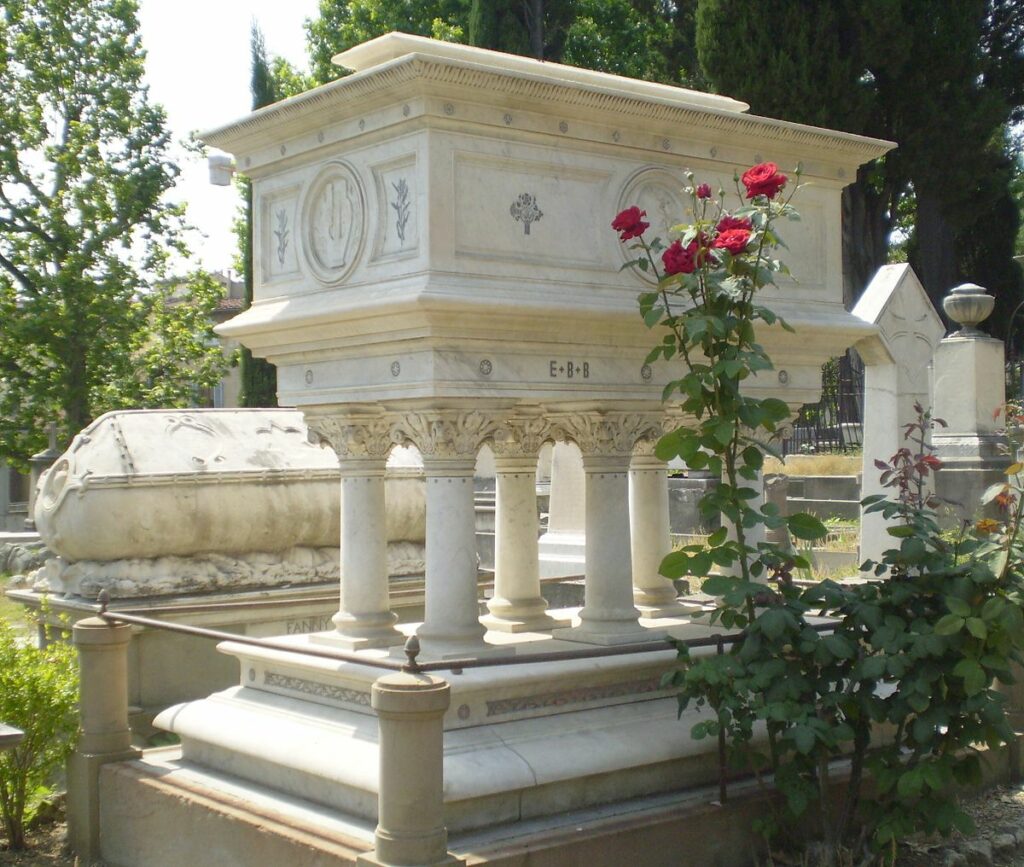
Until the latter half of the nineteenth century, Browning was widely regarded as one of the finest English poets. Her writings are rich with delicate emotional moments interwoven with serious ideas and goals.
She was the defender of the downtrodden and suffering wherever she encountered them as a result of her personal sorrows as well as her ethical and cerebral fortitude, and she utilised poetry as a tool for change.
Her main skill was for love poems, but she worked hard through her life to develop it into the heroic form so she could speak more extensively on concepts and political issues.
Critics generally concur that because of her occasionally sporadic faults in metre and rhyme as well as her rather forced Victorian mannerisms, her poetry has not aged as well as some other Victorian poets, such as her husband.
Also read: Where Did Wil Wheaton Go? This Big Bang Theory Cameo Blunder Is One Of His All-Time Favourites
Conclusion
Sonnets from of the Portuguese, a series of love sonnets that Browning wrote about her love relationship and engagement to her spouse but passed off as a translation, is her most well-known work.

